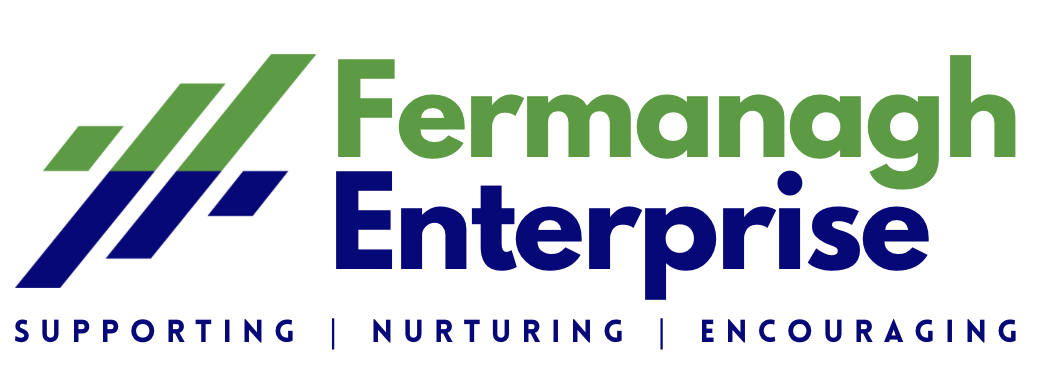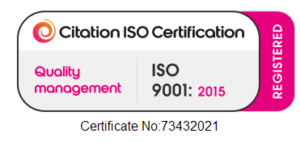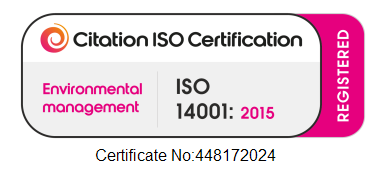Starting a business isn’t easy; there are lots of things to consider, from finding finance, getting to grips with business taxes, selling your product or service and managing staff.
We have compiled a ten-step guide to starting a business.
1. Find out whether you can work for yourself
It may sound like a silly question but can you work for yourself? It requires self-motivation, dedication and commitment not to mention long hours and increased risk. Some people are naturally suited to working for themselves and if you do have the skills to be your own boss it can be highly rewarding and in some cases highly profitable.
Find out whether you can work for yourself.
2. Looking for a business idea
You can’t start a business without an idea. Often this is the hardest part of the start-up process because not everyone comes up with an innovative idea for a product or service. Our business idea profile tool will help you decide on what type of business you would like to start.
Use the business idea profile tool to help you decide on the type of business you want to start.
3. Understand the importance of business planning
Your business plan will be an integral part of starting your new business. Not only does it act as a ‘route map’ for your business but it will also help you focus on your goals and objectives. It is essential if you need to seek funding from a bank or an outside investor.
Understand the importance of business planning.
4. Understand how much money you need to start
It is important to be realistic about how much money you need to get your business off the ground. You need to consider your set-up costs – do you need premises, insurance, stock levels, a marketing budget? It may take a while before your business is profitable so you need to make allowances for your own personal finances as well as business finances.
5. Understand the different business types
Choosing the right legal structure for your business is vital. While most start-ups are sole trader, partnership or limited companies there are other options and your business structure will affect things like the tax you pay, registration and reporting requirements and your personal financial liability.
Understand the different business types.
You can download our business plan template (DOC, 874K)
6. Name your business
Choosing the right name for your business will provide a strong foundation for building a brand and creating a good first impression with customers. Your business name must meet certain rules relating to prescribed and sensitive words and expressions. And you must ensure it hasn’t already been taken by another business.
Find out how to name your business.
7. Choose the right type of premises
Your premises will be one of the most important parts of your business. For some businesses you will be able to use your home as your workplace whereas other businesses might need a prime retail location or plenty of storage space. Your premises need to satisfy your business needs and should not hinder your ability to reach you customers but should also be within your budget, it is important to consider rates, electricity, rent or mortgage costs.
Find out how to choose and set up your workplace.
8. Get to grips with business taxes
All businesses will have to pay some form of taxes. Exactly which taxes you pay and which processes you use will depend on a number of factors, such as your business’ legal status, annual turnover and taxable profits.
Get to grips with business taxes.
9. Get to grips with VAT and your business
Understand how VAT – Value Added Tax – works. Find out if you need to be VAT registered, how to do it and why to do. VAT is a tax charged by VAT-registered businesses on the supply of most goods and services. If you’re registered for VAT you can also reclaim any VAT you have paid when buying things for your business.
Get to grips with VAT and your business.
10. Taking on staff
Whether it’s at the beginning or as your business starts to grow, sooner or later you will probably have to take on staff. There is a lot to consider when taking on staff – will it be on a temporary basis, how much will they be paid, what skills and experience do they require. It is important to give proper consideration to each of these things. Remember to budget for taking on a new member of staff; there are costs you must consider other than salary – recruitment, training etc.
Find out how to recruit staff.
Utilise My New Business
My New Business is a free online service that covers everything you need to plan, start and run a business. It has videos and tools, plus other learning resources – like tutorials and case studies. All of them are aimed at helping people like you get your business started.
It also includes checklists that cover everything from coming up with a strong business idea and developing it, to identifying and reaching your customers to turn that idea into a successful business.
NIBUSINESSINFO










